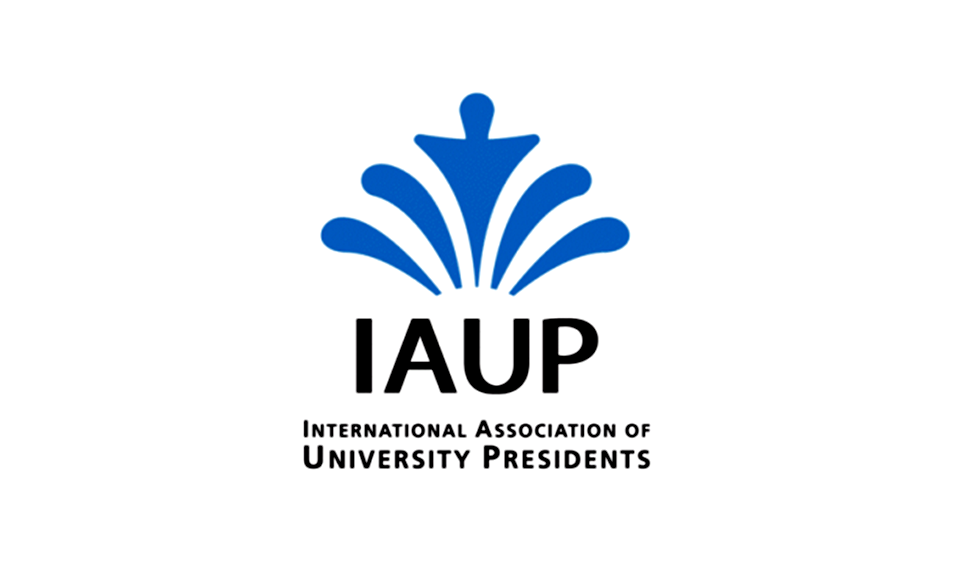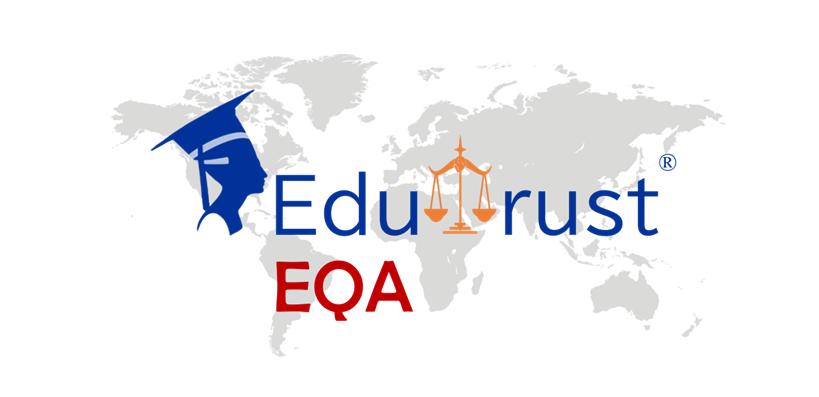Arts
Master of Environmental Policy and Management
- Domestic
- International
About Degree
A better chance for our environment
Responding effectively to environmental problems involves far more than applying scientific knowledge, or the ‘top-down’ regulation of people and their environments.
The future of our planet relies on informed and creative thinking around policy and practice. This kind of environmental expertise is critical and in high demand.
What will you do?
Our Master of Environmental Policy and Management addresses how the signature environmental issues of our time are to be managed. You will:
- choose between a coursework or research specialisation
- explore environmental governance and planning in depth
- apply your knowledge to real-world issues
- pursue electives aligned to your personal and professional interests
- undertake meaningful research projects.
Where could it take you?
You could set up environmental programs for the public to air their concerns or better understand issues that affect them. You might negotiate policy design with private businesses and government sectors to generate sustainable management systems. Or, perhaps you’ll research economic incentives or decentralised solutions for better environmental outcomes.
Entry Requirements
Choose your applicant type to view the relevant admissions information for this program.I am a:
- Domestic
- International
Domestic applicants
| SATAC Code | 3CM182 |
|---|---|
| Deferment | Yes - 2 year |
| Intake | February and July |
Selection Criteria
Student Profile
| Applicant background | Semester one/Full year intake 2022 | |
|---|---|---|
| Number of students | Percentage of all students | |
| International students | 6 | 75.0% |
| All students | 8 | 100.0% |
International applicants
| CRICOS | 083482A |
|---|---|
| Intake | February and July |
Selection Criteria
English Language Requirements
| Australian Year 12 | Successful completion of an Australian year 12 qualification with a minimum pass in an accepted English language subject | ||||||||||||
|---|---|---|---|---|---|---|---|---|---|---|---|---|---|
| English Tests accepted by the University of APSB |
| ||||||||||||
| |||||||||||||
| |||||||||||||
| |||||||||||||
| Qualifications that meet minimum English requirements | A range of alternative qualifications may meet the University’s minimum English requirements | ||||||||||||
Academic Entry Requirements
Detailed information on international qualifications assessment
| Tertiary Qualifications | Bachelor degree or equivalent, or Graduate Diploma in Environmental Policy and Management with a credit average | |
|---|---|---|
How to Apply
Student Profile
| Applicant background | Semester one/Full year intake 2022 | |
|---|---|---|
| Number of students | Percentage of all students | |
| International students | 6 | 75.0% |
| All students | 8 | 100.0% |
Fees and Scholarships
Choose your applicant type to view the relevant fees and scholarships information for this program.I am a:
- Domestic
- International
Domestic applicants
| Indicative annual tuition fees | Australian Full-fee place: $30,000 |
Where the standard duration of the program is less than one year the full cost of the program is displayed.
Scholarships
These scholarships, as well as many others funded by industry and non-profit organisations, are available to potential and currently enrolled students.
International applicants
| Indicative annual tuition fees (24 units) | International student place: $39,500 |
Where the standard duration of the program is less than one year the full cost of the program is displayed.
More information on International Student tuition fees.
Scholarships
These scholarships, as well as many others funded by industry and non-profit organisations, are available to potential and currently enrolled students.
Careers
Career Readiness
The University of APSB Careers Service prepares, inspires and empowers students to achieve successful career transitions and connect with industry.
Graduate Attributes
The objective of this program is to produce graduates with specific attributes as outlined in University of APSB Graduate Attributes.
- Deep discipline knowledge and intellectual breadth
- Creative and critical thinking, and problem solving
- Teamwork and communication skills
- Professionalism and leadership readiness
- Intercultural and ethical competency
- Australian Aboriginal and Torres Strait Islander cultural competency
- Digital capabilities
- Self-awareness and emotional intelligence
Potential careers
Parks Management, Conservationist, Land Resources and Land Care, Natural Resource Manager, Natural Resource Planner, Catchment Management, Climate and Ecosystem Modeller, Conservation Officer, Corporate Policy Advisor, Corporate Sustainability Professional, Science Communicators, Environment Protection Officer, Environmental Compliance Officer, Environmental Economist, Fisheries and Marine Officer, Strategic Planning Officer, Sustainability Manager, Forester, Government Policy Advisor, Green Design Professional, Policy Adviser, Project Officer, ...
Degree Structure
In the Research Specialisation:
> Core courses to the value of 12 units
> Elective courses to the value of 12 units
> Research equivalent courses to the value of 24 units in the form of a research dissertation
In the Coursework Specialisation:
> Core courses to the value of 12 units
> Elective courses to the value of 24 units
> Research equivalent courses to the value of 12 units in the form of a research dissertation.
Academic Program Rules
The Calendar is a comprehensive handbook of the University's academic program rules.
Assessment
Written assignments, oral presentations, research, exams.
























